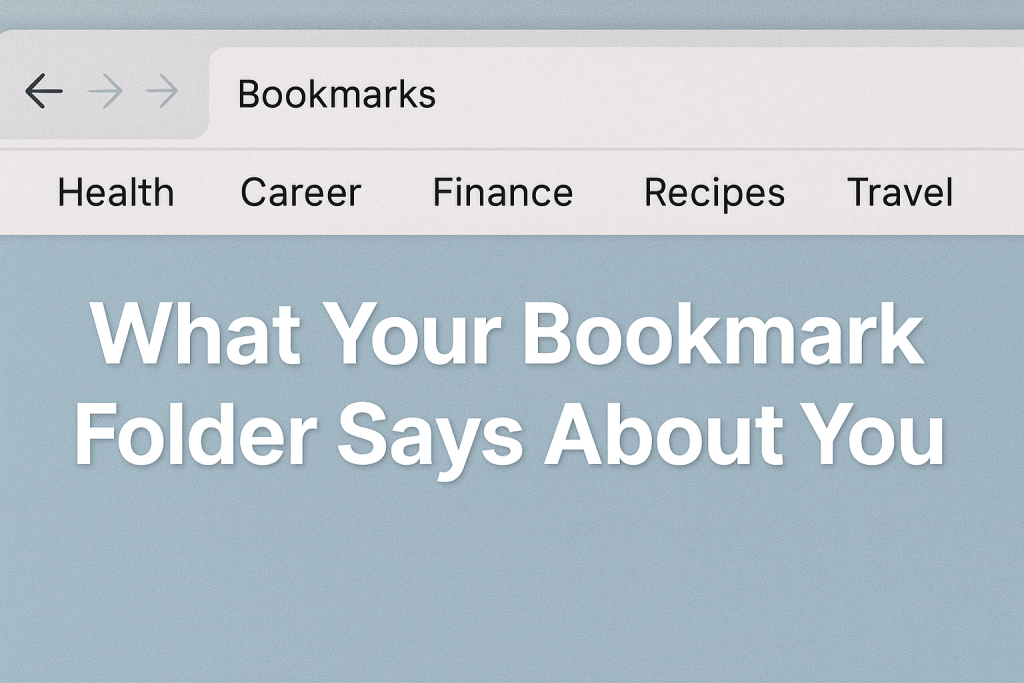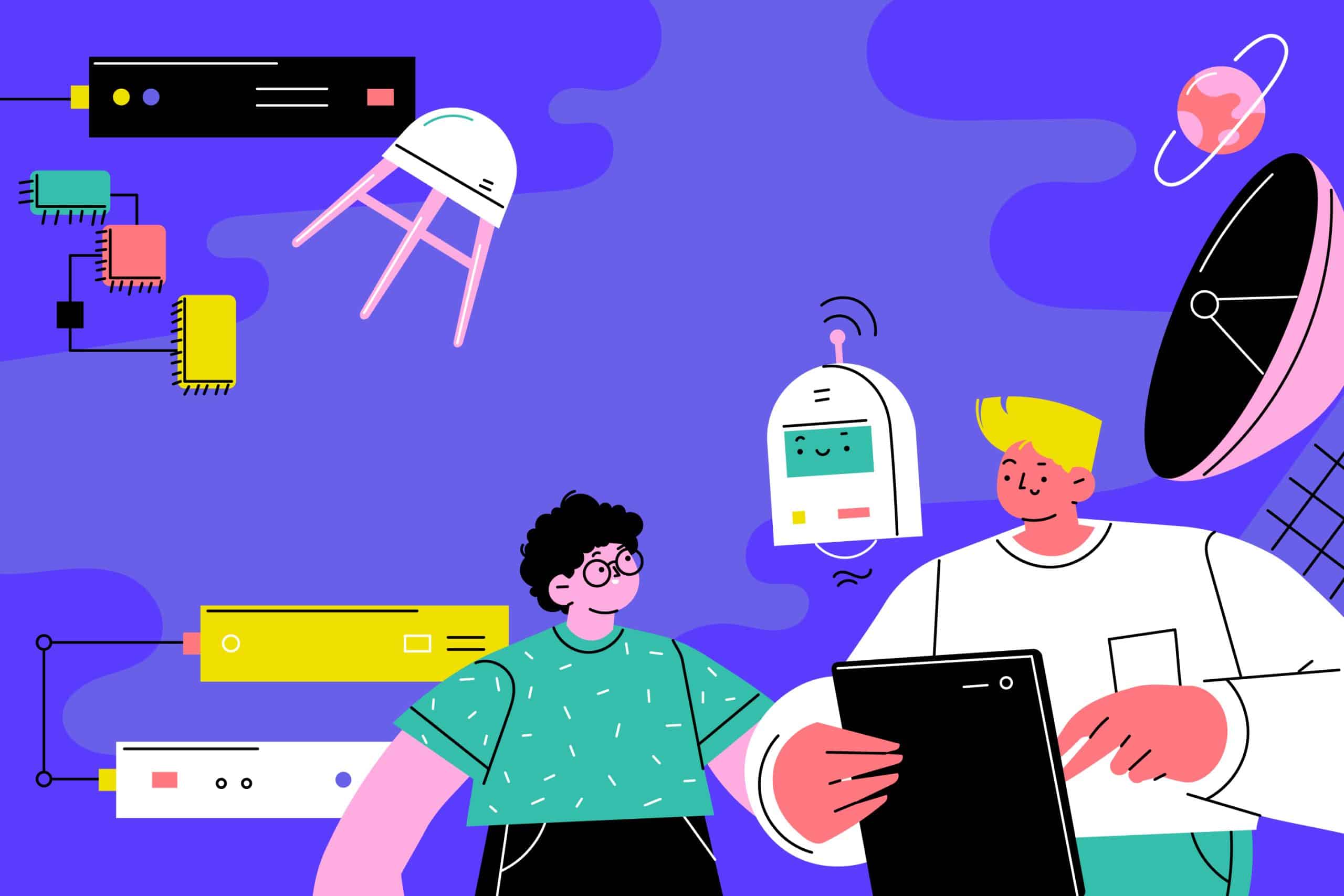Your bookmark folder isn’t just a storage space—it’s a digital mirror of your mind. From neatly categorized research articles to a chaotic stream of online shopping links, what you save reveals more than you might think. In a time where digital clutter and productivity tools dominate tech discourse, understanding what your bookmark folder says about you has become a timely and relevant topic. As more people seek ways to manage cognitive overload, digital habits—like bookmarking—offer clues to our values, goals, and mental organization.

Why Bookmarking Habits Matter in 2025
The modern web user interacts with hundreds of pages daily. With browser extensions, note-taking apps, and personalized algorithms, saving and returning to content has become an intentional act. Today, bookmarking is not just about convenience—it’s about digital identity management, a trend growing in relevance as people become more aware of how they consume and retain information online.
According to a 2024 report from the Pew Research Center, 68% of internet users report having over 100 saved links, but only 23% revisit them regularly. This gap between saving and using offers rich insight into digital behavior—and even mental load.
Types of Bookmarkers (and What They Reveal)
Bookmarking behavior can often fall into distinct psychological profiles. Let’s explore some common types:
1. The Organizer
These users maintain tidy folders labeled by topic: “Health,” “Career,” “Finance,” etc. Subfolders may even exist by project or date.
What it suggests:
- High conscientiousness
- Strong need for control and structure
- Likely to value productivity and clarity in thought
2. The Digital Hoarder
Thousands of saved links, minimal categorization, and forgotten tabs rule this folder. Everything is saved “just in case.”
What it suggests:
- Fear of missing out (FOMO)
- Possibly linked to anxiety or a desire to avoid cognitive loss
- Difficulty with prioritization or decision-making
3. The Minimalist
Only a handful of bookmarks are kept—essential tools or resources they return to often.
What it suggests:
- Confidence in memory or quick-search ability
- High digital fluency
- Preference for clean interfaces and efficiency
4. The Curator
These bookmarkers create themed folders full of aesthetic or inspirational content—design blogs, art portfolios, recipes, or writing prompts.
What it suggests:
- Creative orientation
- High openness to experience
- Often share bookmarks or build digital collections for others
5. The Researcher
Folders contain academic articles, data reports, whitepapers, and news commentary. Bookmarks reflect deep dives into specific interests.
What it suggests:
- Analytical mindset
- Task-oriented approach to information
- Likely working on long-term goals or learning projects
The Role of Bookmarking in Digital Wellness
As part of the broader conversation about digital hygiene, how you manage bookmarks can affect cognitive load. Mental wellness experts now recommend periodic digital “decluttering” as a way to reduce stress. Organizing your bookmarks—or deleting unused ones—can provide a psychological sense of control, similar to clearing your desk or inbox.
Digital anthropologist Dr. Genevieve Bell notes that even seemingly mundane habits like bookmarking are “interfaces of self-reflection.” Just like physical objects in a room, digital clutter carries emotional weight.
Bookmarking and Cognitive Offloading
The concept of cognitive offloading refers to how we rely on tools (like bookmarks) to reduce mental effort. While helpful, it can backfire when poorly managed. Saving too many resources without ever returning to them may create an illusion of preparedness—what psychologists call the “Google effect.”
Key research by Sparrow et al. (2011) suggests that people are less likely to retain information if they know they can access it later. This has implications for how bookmark folders affect memory and decision-making.
How to Optimize Your Bookmark Folder in 2025
If you want to use bookmarks more effectively (and understand what your folder says about you), here’s a practical strategy to apply:
1. Perform a Monthly Audit
- Remove outdated or irrelevant links
- Merge duplicate categories
- Use browser extensions to help visualize bookmarks (e.g., Raindrop.io, Toby)
2. Label with Intent
- Avoid generic folder names like “Misc” or “Stuff”
- Use action-oriented labels (e.g., “Read Later,” “Research – Climate,” “Q3 Budget Tools”)
3. Set Review Reminders
- Calendar events or email nudges can help revisit saved links
- Consider integrating bookmarks with tools like Notion or Trello
4. Sort by Goal, Not Just Topic
- Instead of “Marketing,” try “Build Portfolio” or “Launch Campaign”
- Align bookmarks with your real-world tasks or ambitions
Bookmarking as a Reflection of Emerging Tech Trends
With the rise of AI-curated content feeds and personalized recommendations, the manual act of bookmarking is almost old-school—but that’s exactly what gives it power. In an era of algorithmic noise, choosing to save something is a personal declaration of relevance.
Bookmarking is also becoming part of larger workflows. Knowledge workers now sync bookmarks across platforms—saving Twitter threads to Notion, pinning articles in Slack, or archiving PDFs in Zotero. The bookmark folder is no longer isolated—it’s evolving into a knowledge hub.
In a 2025 Gartner report on productivity trends, manual information organization (including bookmarking) is listed as a critical skill for knowledge workers amid AI automation. “Knowing what to save, and why, becomes a filter for meaningful engagement,” the report states.
Conclusion: Your Digital Shelf of Intent
Your bookmark folder isn’t just a utility—it’s a collection of unfinished thoughts, goals, and curiosities. It reflects how you think, how you prioritize, and how you process the internet’s constant flow of information. So the next time you save a link, ask yourself: does this align with what I’m trying to build, learn, or change?
Because what your bookmark folder says about you isn’t just about the links—it’s about the story behind them.
References
- Pew Research Center. (2024). Digital Habits and Online Behavior Survey.
- Sparrow, B., Liu, J., & Wegner, D. M. (2011). Google effects on memory: Cognitive consequences of having information at our fingertips. Science, 333(6043), 776–778.
- Bell, G. (2023). The Intimate Interface: Exploring Personal Relationships with Technology. Oxford University Press.
- Gartner. (2025). Top Trends in Knowledge Work and AI Integration.
- Digital Wellness Collective. (2024). Managing Cognitive Load in the Age of Information Overwhelm.






